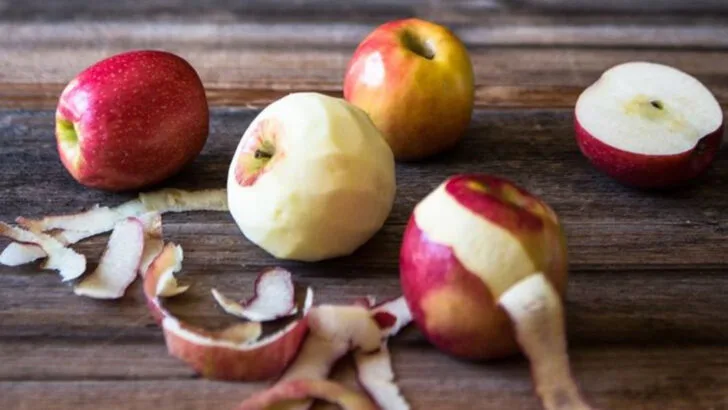Your compost bin is only the beginning. The peels, grounds, and shells we toss after cooking are packed with nutrients our houseplants and garden beds crave and using them costs nothing but a little habit‑building. By turning those scraps into plant food, you’ll shrink your trash output and give your soil a steady stream of natural fertilizer.
From yesterday’s coffee grounds that perk up acid‑loving hydrangeas to banana skins that sneak potassium into tomato roots, these ordinary leftovers quietly outperform many store‑bought products. Ahead are 15 kitchen cast‑offs that plants treat like a gourmet meal, along with simple tips for working each one into your routine without any mess or mystery.
Banana Peels
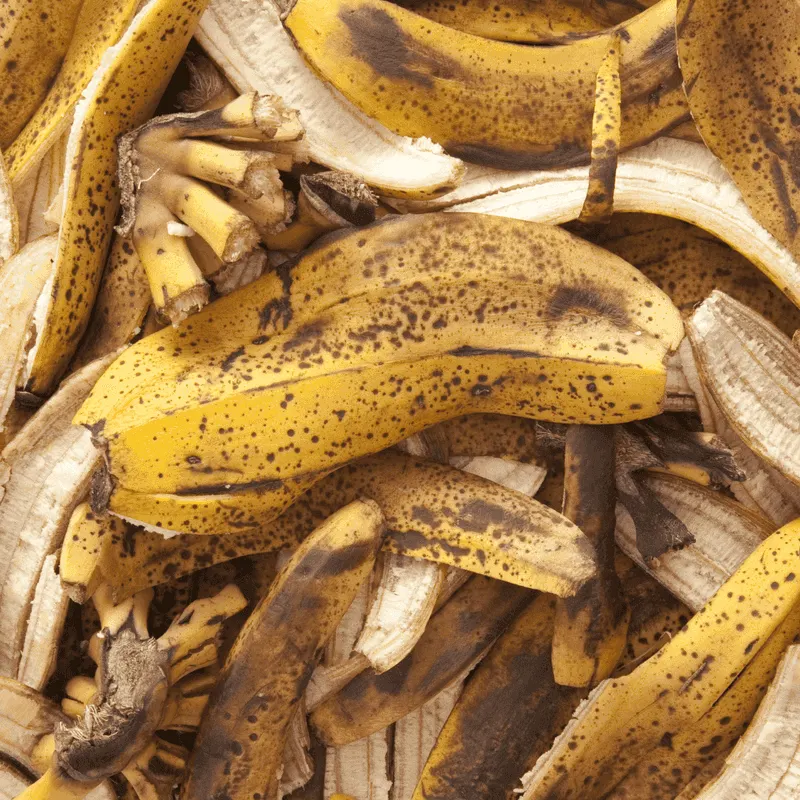
Banana peels are more than just fruit waste. Packed with potassium, they help strengthen plant resistance to diseases.
To use banana peels, chop them and bury them near the roots. This way, they decompose slowly, releasing nutrients gradually.
For those who prefer liquid fertilizer, soaking banana peels in water creates a nourishing plant tonic. This simple method keeps your garden flourishing while making the most of kitchen scraps.
Coffee Grounds
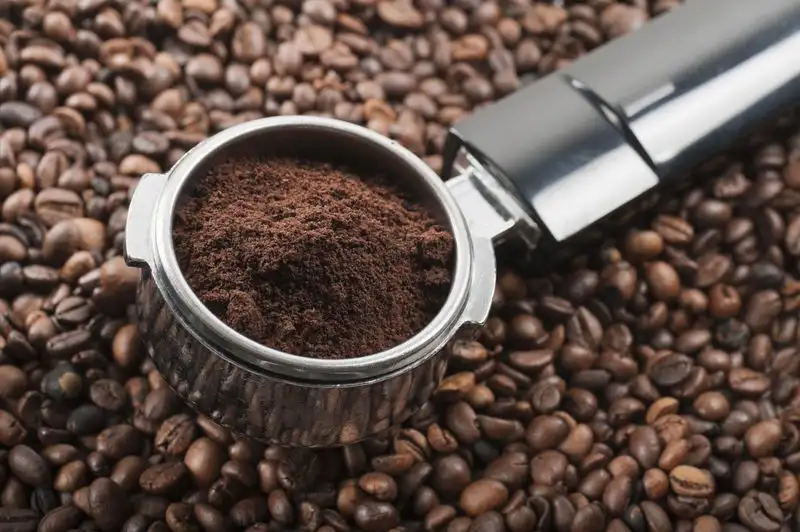
Coffee grounds provide more than just your morning caffeine fix. They’re an excellent source of nitrogen for plants.
Sprinkle used grounds around your garden to enhance soil structure and nutrient content. They also help attract beneficial earthworms.
Mixing coffee grounds into compost piles speeds up decomposition, making organic matter accessible to plants. Their versatility and ease of use make them a gardener’s favorite.
Eggshells
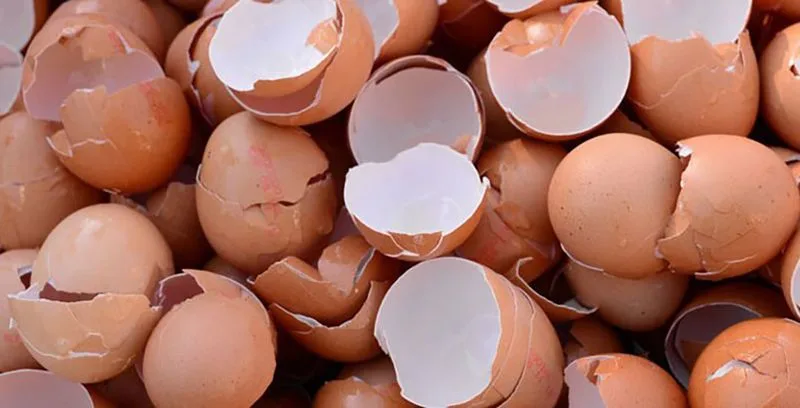
Eggshells aren’t just trash; they’re a calcium boost for your soil. This mineral is essential for cell wall development in plants.
Crush shells and work them into the soil. This helps prevent blossom-end rot in tomatoes and peppers.
Using eggshells as a natural pest deterrent is another trick. Their sharp edges deter slugs and snails, offering a dual-purpose benefit for your garden.
Vegetable Scraps
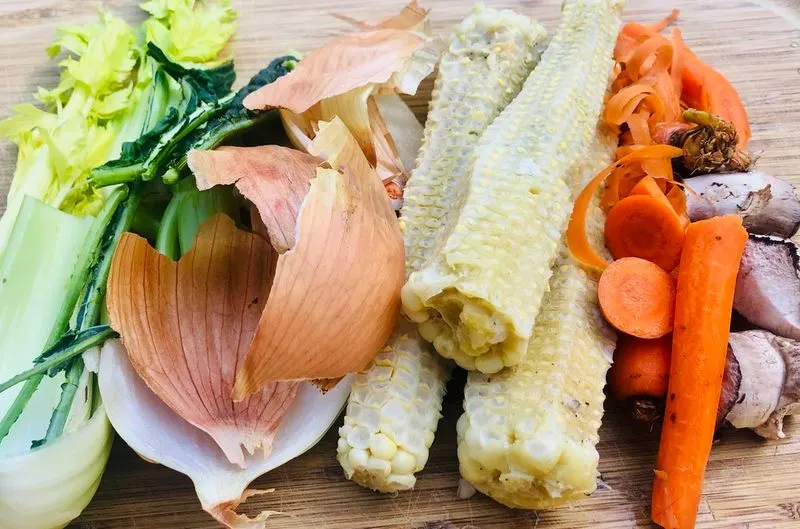
Vegetable scraps breathe life into your compost. Rich in organic material, they break down to create humus.
Carrot tops, onion skins, and celery bases are prime examples. Chop them up and add to compost bins for speedy decomposition.
Using these scraps not only reduces kitchen waste but enriches your soil, creating a healthy foundation for plants. It’s a sustainable cycle worth adopting.
Tea Bags
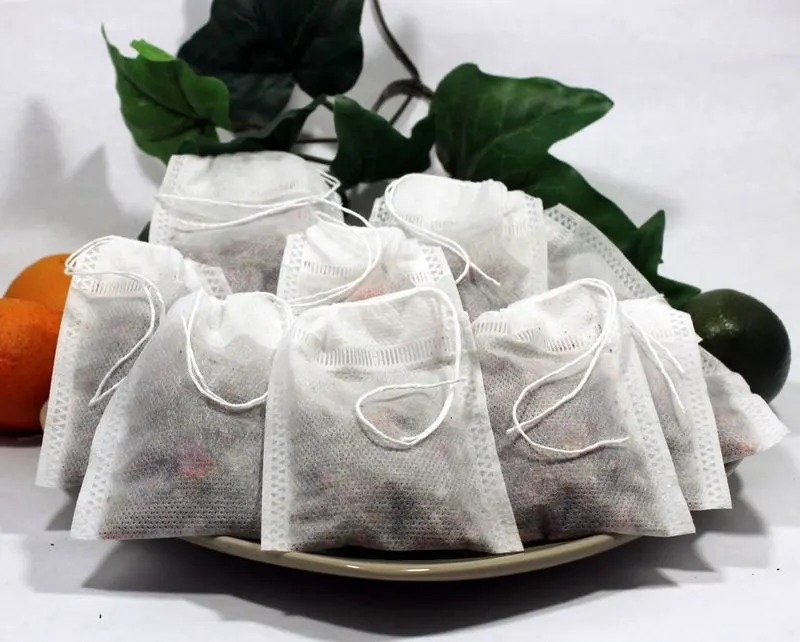
After enjoying a cup, tea bags offer hidden benefits for your garden. They contain tannins, which promote plant growth.
Bury used tea bags directly in the soil to improve texture. They decompose swiftly, providing organic matter to the earth.
Additionally, tea bags attract earthworms, which aerate the soil. This simple practice supports a thriving garden ecosystem.
Citrus Peels
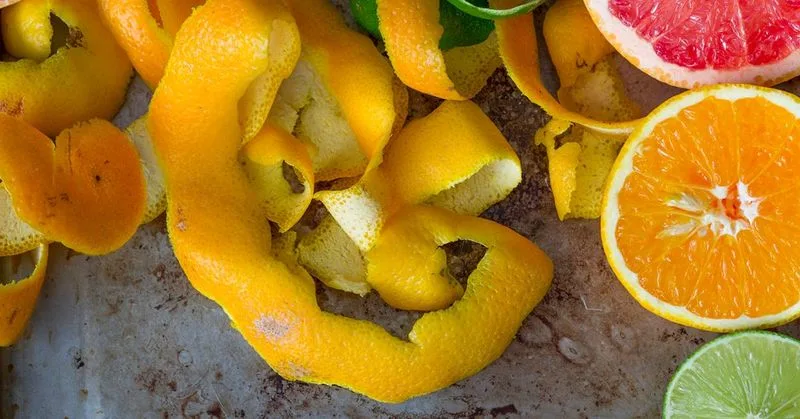
Citrus peels offer more than zest. They’re useful in keeping pests at bay in your garden.
Chop and scatter peels around plants. Their strong scent deters unwanted insects naturally.
Moreover, citrus peels can freshen compost piles. Their slow decomposition adds valuable nutrients over time. It’s a fragrant way to enhance your gardening efforts.
Onion Skins
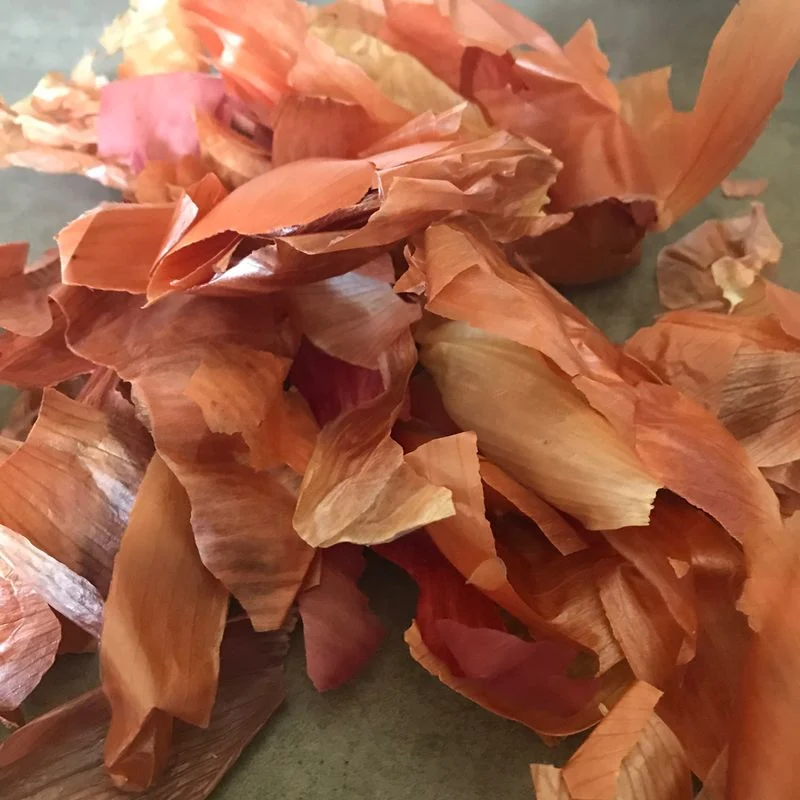
Often discarded, onion skins are a hidden treasure for compost. Rich in nutrients, they add value to your soil.
Adding onion skins to compost piles can boost their mineral content. They provide essential nutrients for a thriving garden.
The skins decompose naturally, offering a slow-release fertilizer. It’s an eco-friendly method of recycling kitchen scraps.
Potato Peels
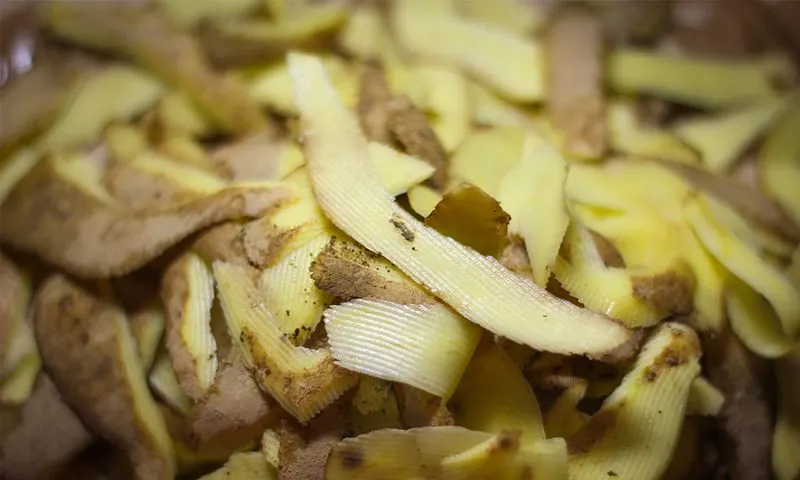
Potato peels can be your garden’s best friend. They’re rich in nutrients that benefit plant growth.
Bury peels directly in the garden soil or add them to compost. They decompose, releasing essential vitamins and minerals.
This simple practice helps reduce kitchen waste while providing natural nourishment to your plants. It’s a sustainable gardening strategy.
Nut Shells
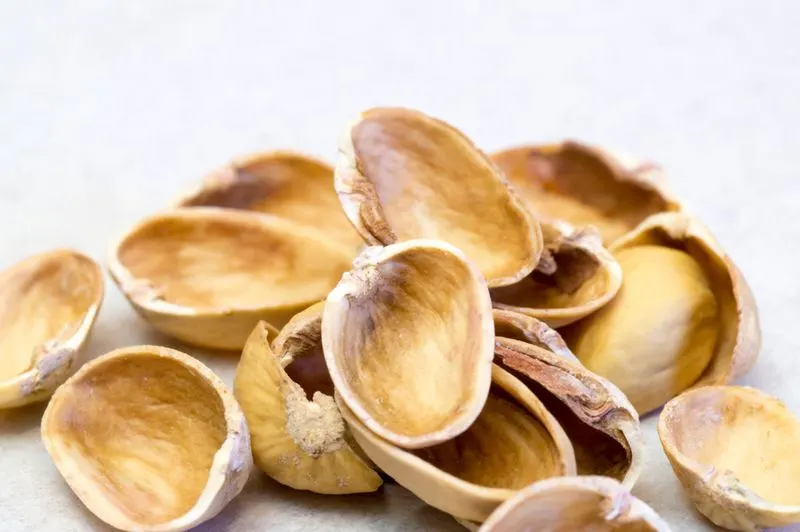
Nut shells, often seen as waste, are a boon for garden pathways. They provide excellent mulch material.
Spread crushed shells around plants to suppress weeds. They decompose slowly, enriching the soil over time.
Using nut shells is a great way to recycle and add texture to your garden. They offer an eco-conscious approach to plant care.
Stale Bread
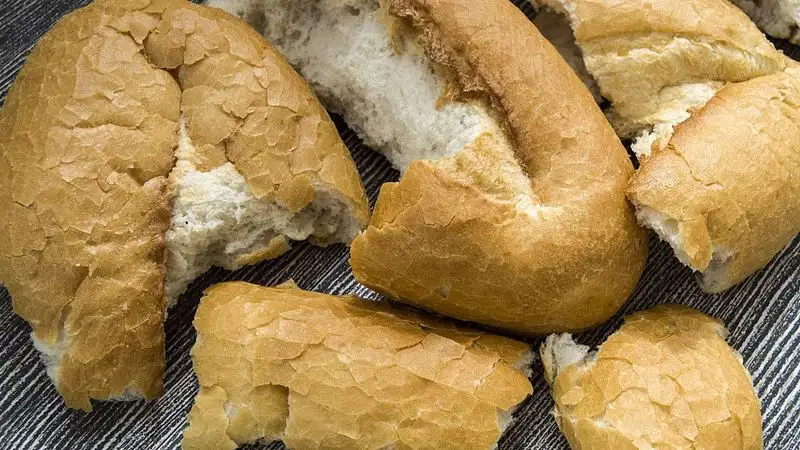
Don’t toss that stale bread! It’s perfect for your compost pile. Bread breaks down quickly, feeding your plants.
Tear it into small pieces before adding, ensuring faster decomposition. It’s a resourceful way to recycle kitchen leftovers.
This technique reduces food waste while enriching your garden with nutrients. It’s a win-win for eco-minded gardeners.
Apple Cores
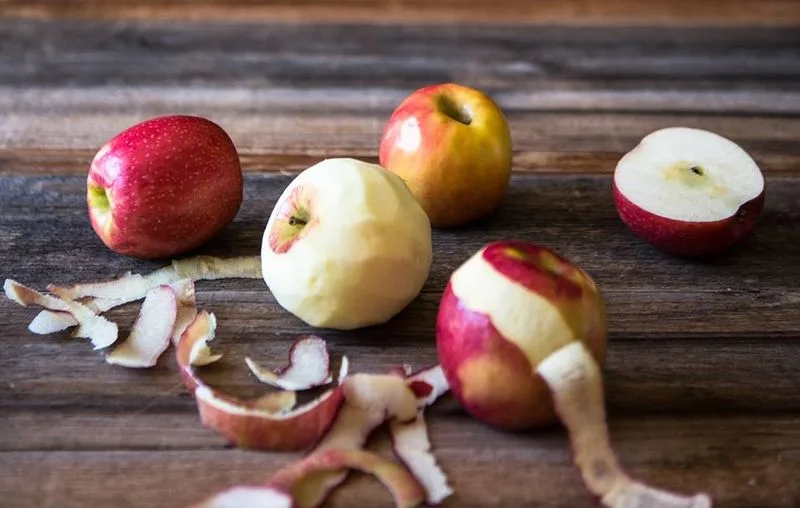
Apple cores are more than lunchtime leftovers. They’re a nutritious addition to compost.
Add cores to compost bins to boost nitrogen levels, essential for plant growth. Their natural sugars aid decomposition.
This simple action transforms waste into a valuable resource, promoting a sustainable gardening practice. It’s an easy way to enhance soil quality.
Avocado Pits
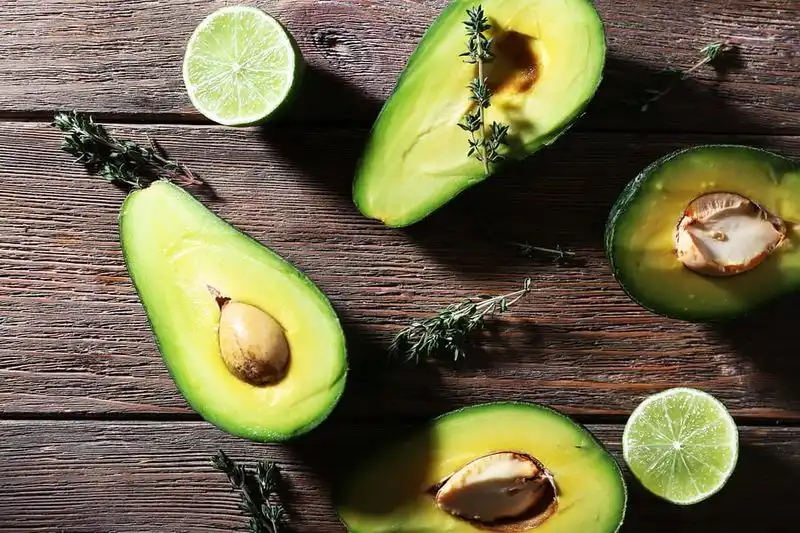
Avocado pits aren’t just for trash. They can be composted to improve soil structure over time.
Crush pits before adding them to compost for quicker breakdown. They provide organic matter essential for healthy plant roots.
This method is a sustainable way to reuse kitchen scraps while benefiting your garden. It’s a resourceful approach to plant care.
Corn Cobs
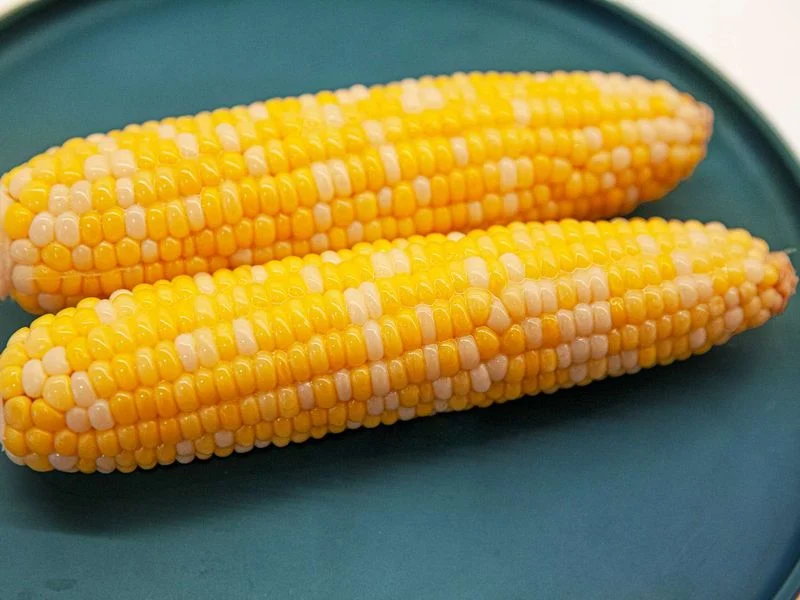
Corn cobs provide more than a summer treat. They’re excellent for composting, adding bulk and nutrients.
Add chopped cobs to compost piles. They decompose slowly, enriching the soil over time.
This practice not only recycles kitchen waste but boosts soil health. It’s a thoughtful way to support your garden’s ecosystem.
Carrot Tops
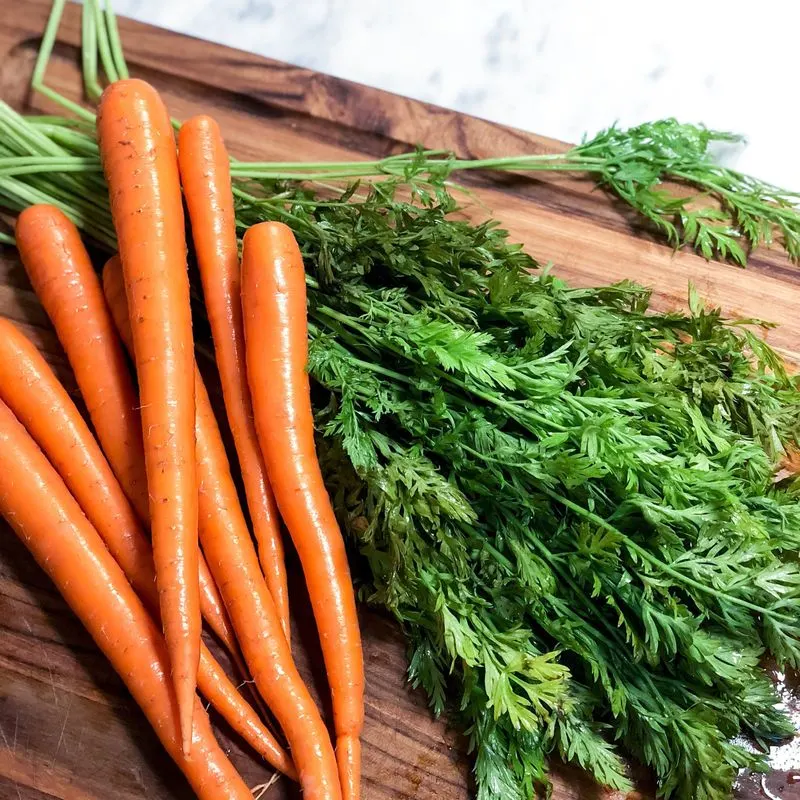
Carrot tops, often overlooked, are a nutrient-rich addition to compost. They break down to nourish garden plants.
Place tops in compost bins to enrich soil with essential vitamins and minerals. This method supports a healthy garden ecosystem.
Using carrot tops creatively reduces waste while benefiting your garden. It’s a practical approach to sustainable living.
Herb Stems
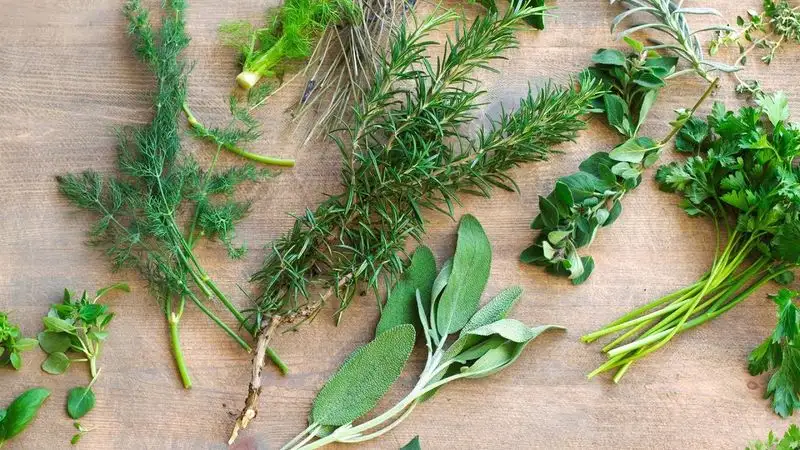
Herb stems, like basil or parsley, can be reused in the garden. They’re perfect for composting.
Chop stems and mix them into compost piles. They enhance soil fertility with their rich organic content.
This simple recycling method turns waste into a valuable resource, fostering a thriving garden. It’s a sustainable choice for eco-friendly gardeners.

